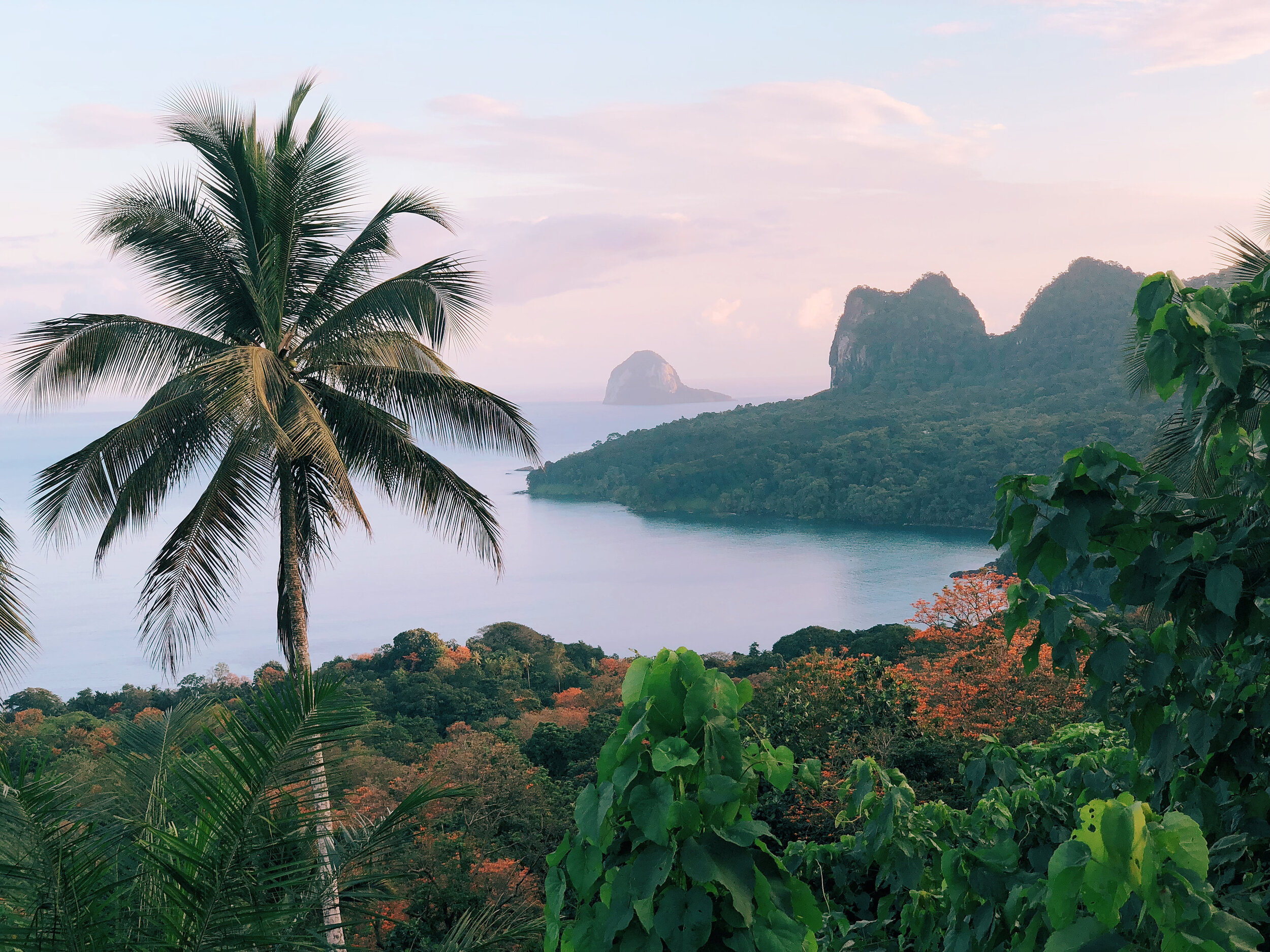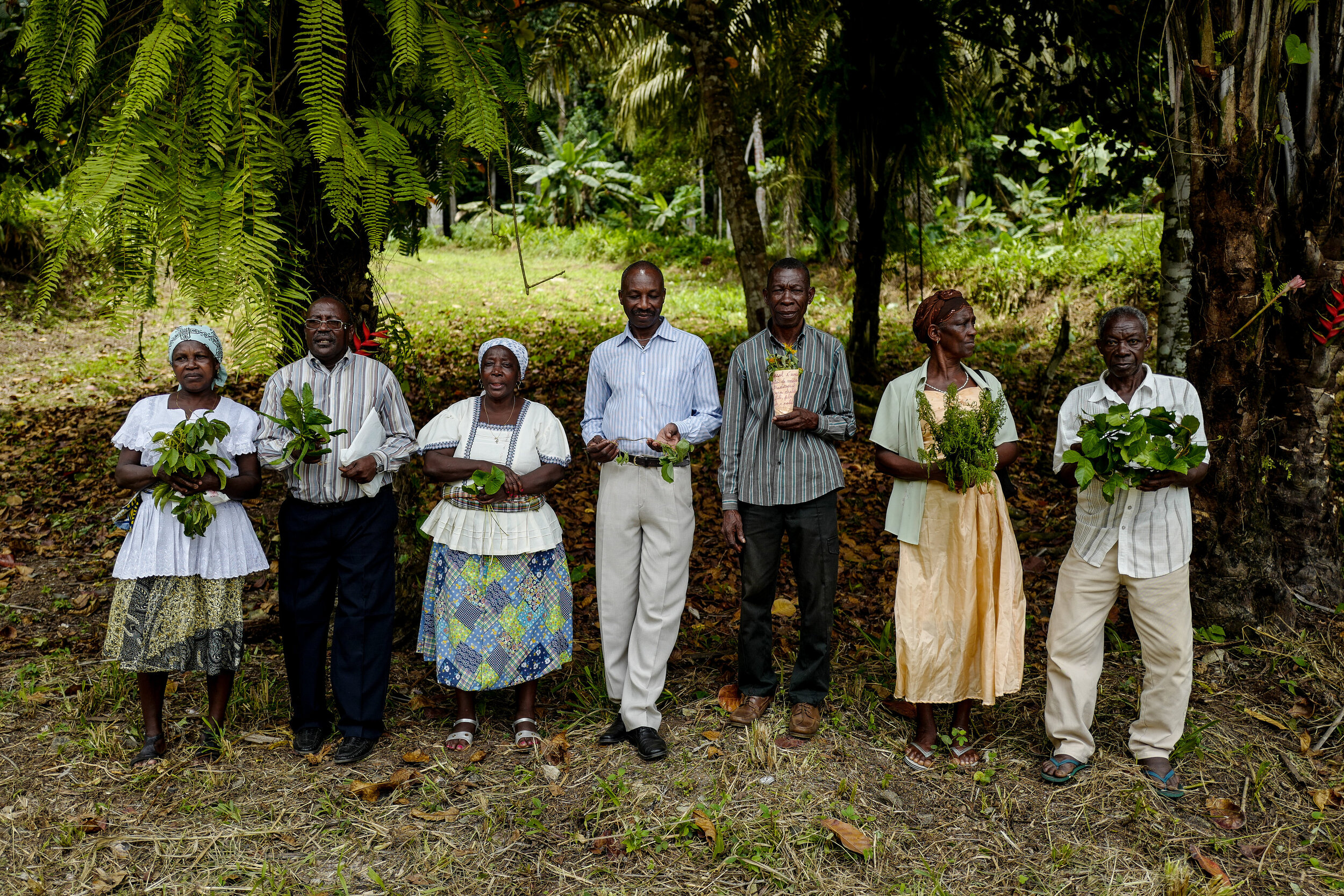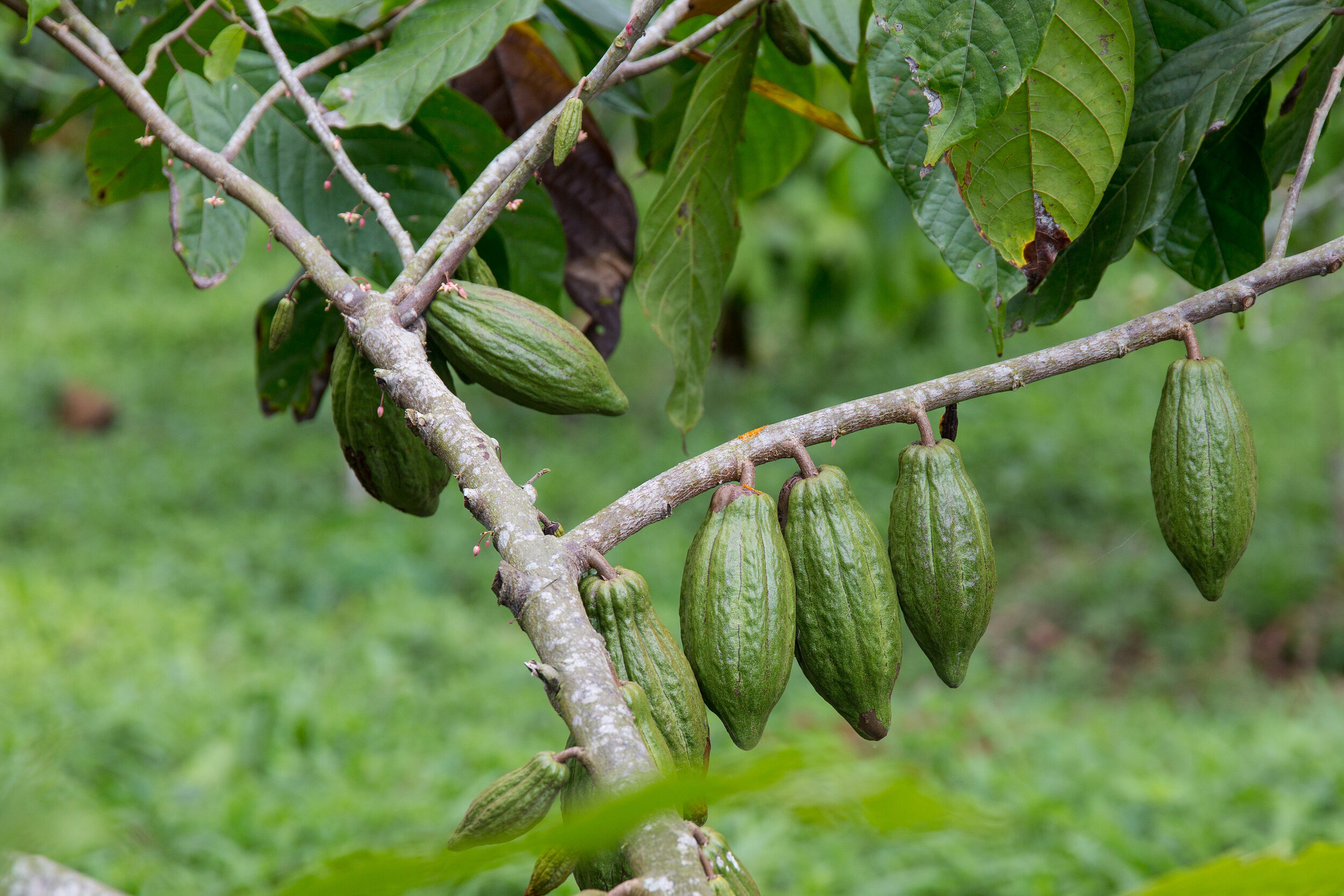As a person who has visited numerous exotic destinations, I understand the importance of nature and authenticity preservation. And the hidden gem of a country we will talk about today has both in heaps.
Located off the coast of Africa in the Gulf of Guinea, São Tomé and Príncipe is the second smallest country of the continent after Seychelles and its beauty will impress even the most intrepid traveller. This island nation is part of a volcano chain boasting of striking rock and coral formations, rainforests and beaches, not to mention its fascinating history! This unspoilt destination is safe and friendly and ecotourists in particular will find it appealing due to its Jurassic park feel.
Did you know that São Tomé and Príncipe have more endemic species per square kilometre than the Galapagos? In 2012 Príncipe became a UNESCO Biosphere Reserve so it’s development, including tourism, is carefully regulated under the Man and Biosphere Programme. The Principeans are proud of their biosphere status and it is something that unites islanders and visitors.
Quite unusually the country enjoys two dry seasons! The first one is between December and February and the second is June through September. Although the best time to bird watch is October to March - don' forget your binoculars - there is a lot to watch! The two primary islands of São Tomé and Príncipe together with several rocky islets are home to just over 215,000 inhabitants.
So how do you travel to this little piece of paradise? The only way to get there is by flying to Sao Tome where the international airport is located. The airport on Principe is only serviced by domestic flights connecting the two islands sitting 140 km apart with the flight time taking only 35 minutes.
If you come from Europe, you can choose between STR Airways or TAP Portugal both flying from Lisbon. Travelling from Africa, the options are Ghana, Gabon and Angola.
The official language is Portuguese and the long history of the country goes back to the same time as that of the Americas - the colony of São Tomé was founded in 1493, just a year after Christopher Columbus officially set foot on the continent. Sugar cane was the main commodity at the time and the remnants of historic Portuguese architecture can still be found around the islands in the form of charming colonial buildings, churches and old plantations. Presently Sao Tome is also the place where they produce some of the most exclusive chocolate in the world as well as excellent coffee! Yum!
When it comes to accommodation there is a property that really stands out - we love Sundy Praia, one of the National Geographic unique lodges of the world that is a sustainable tourism project providing unforgettable experiences through interaction with the local community.
Merging seamlessly with their forest surrounds, their 15 tented villas lie hidden among a scattering of tropical almond and banana trees, each gazing down to the sea and recreating the lifestyle of local people.
Surrounded by the songs of birds and sounds of clashing waves you will feel free with stress just melting away.
Activities at the lodge include scenic boat trips, biosphere trails, 4X4 island tours, local fishing village and plantation visits and so much more. Female sea turtles come to lay their eggs on the beaches of Principe island between September and April and families in particular will be interested to learn about the conservation of this threatened species.
But not everything is about ecotourism here - special events such as weddings and honeymoons will become a treat that you will never forget.
I am getting itchy feet simply from writing about this stunning destination and hope you will too. Get in touch for your tailormade proposal.
Images by @HBD Principe






